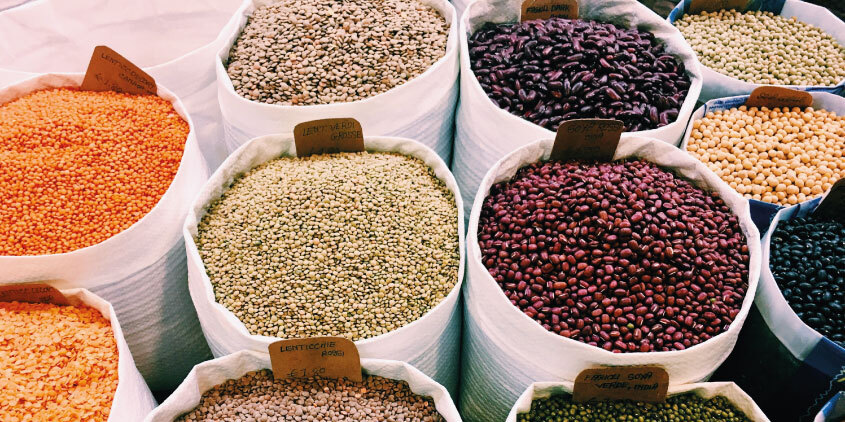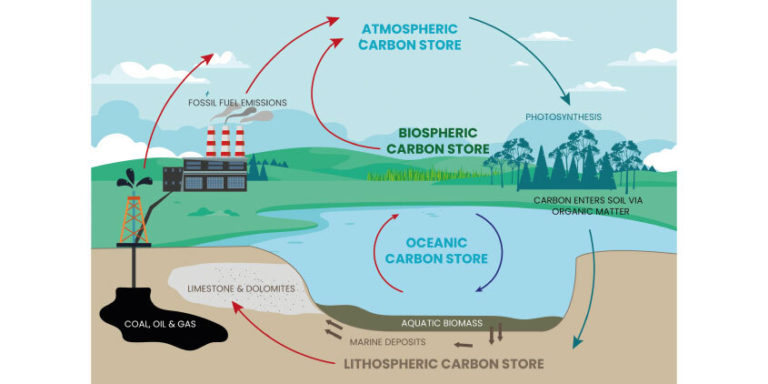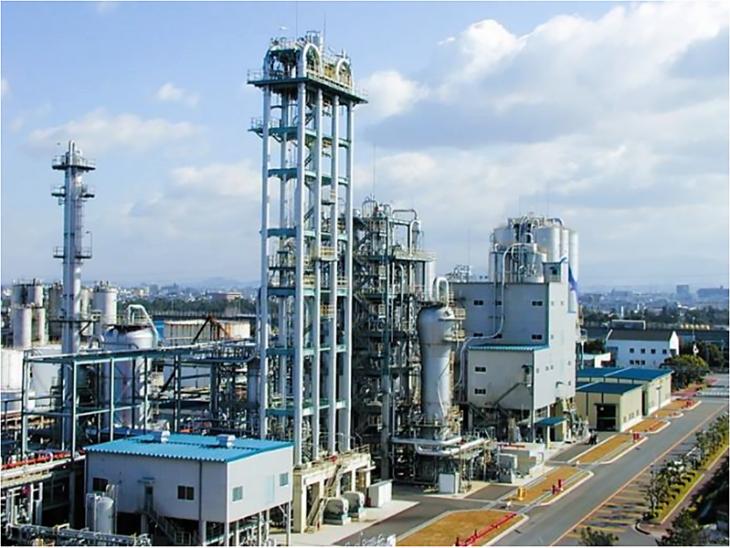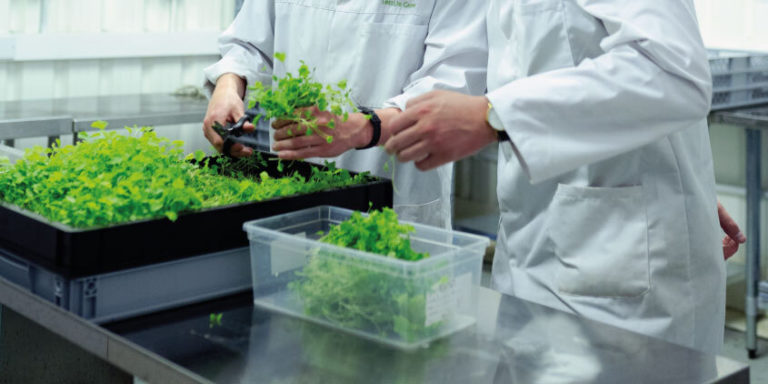Protein transition
Protein transition is the shift away from the consumption of animal proteins towards vegetable and other protein sources. Proteins are the building blocks of life on earth. Both the quantity and quality in food are critical for the physical health of humans and animals. A considerable portion of our protein is currently taken in by consumtion of animal products.
Global challenge
Balancing the protein mix in diets has great potential to reduce the pressure of current food systems on the environment, human health and animal welfare. Plant proteins have a lesser impact on natural resources, and counteract the negative health impacts from the overconsumption of animal proteins. This protein transition is a global challenge that require broad socio-technological innovation.
Why is a protein transition necessary?
The production of protein rich foods requires a lot of energy. Meat products cause a lot more environmental damage than products containing vegetable proteins. For example, for the production of 1 kilo of beef, 7 kg of vegetable inputs are required. For pork that number for vegetable inputs is 4, and for chicken 2 . Meat production also results in much more emission of greenhouse gasses and in acidification of soil and air. Whether these numbers are exactly accurate is less important, but you get the point. The environmental impact is driving the trends towards new and more sustainable sources of proteins. The plantbased era has begun.
What are alternatives to animal proteins?
Sustainable and economically attractive alternatives to meat:
- plant-based proteins, such as soy, pea
- insects
- aquatic protein sources: seaweed, algae, duckweed
- other methods of food processing
- animal protein from circular systems
Companies driving the transition
The major players operating in the global plant based protein market are ADM, Cargill, IFF Nutrition & Biosciences and Ingredion in the US, Roquette in France, Kerry in Ireland and Tate and Lyle in the UK.
Applications for plant-based proteins
Plantbased proteins are not only used for production of vegetable proteins, but are more and more applied as alternative proteins in a wide range of applications, such as dairy.The market for plant-based, vegetarian and vegan options is booming. Increasing numbers of consumers are adopting a ‘flexitarian’ approach to mealtimes, prompted by among other things, health and well-being, and environmental considerations.
Ingredients for plant-based proteins
A growing number of companies are bringing specific ingredients to markat for plant-based protein products. The goal is to improve the taste, texture, sweetness, and nutritional value. Such ingredients are umami-like savory taste ingredients, for instance. But also fermentation-derived and naturally extracted gelling and texturizing ingredients, efficiency-boosting enzymes, vitamins, nutritional lipids and other essential micronutrients. Companies active in this space are DSM, IFF Nutrition & Biosciences (merger of IFF with DuPunt N&B), Glanbia, and Novozymes, for instance.







